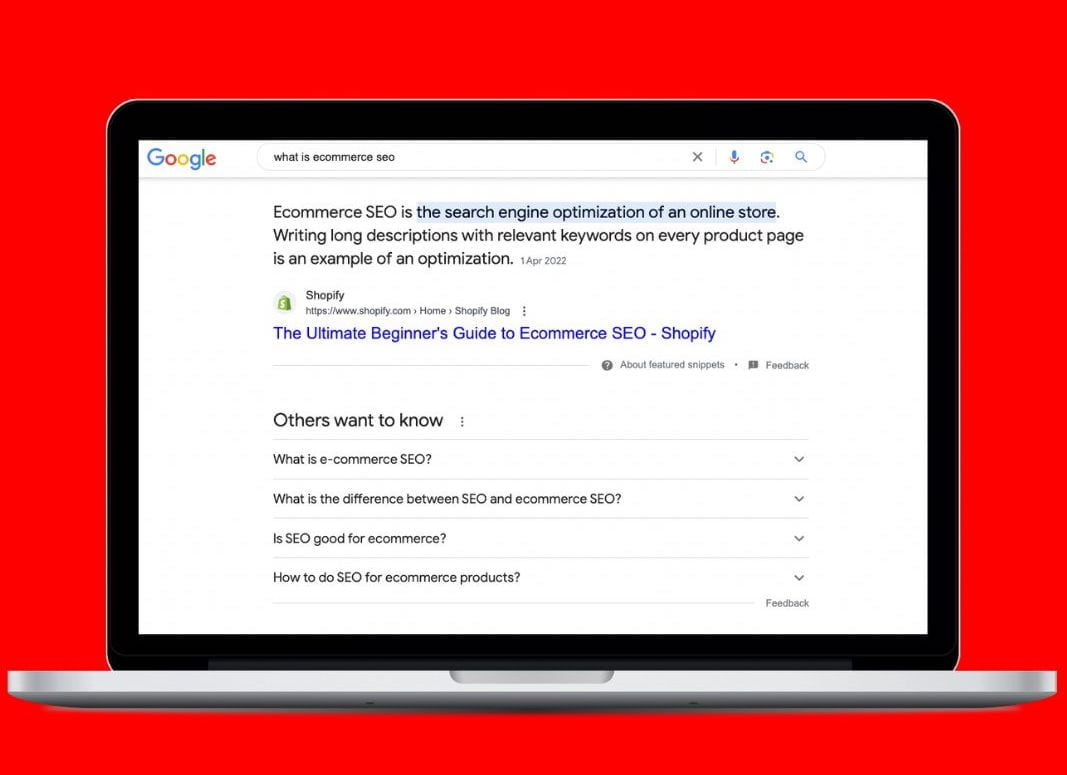5 Considerations For Your Google Lead Generation Campaign
- September 18, 2023

Lead generation is one of the most important strategies a business can undertake to grow and survive the test of time.
In today’s digital age, generating leads by using search engine paid ads is a crucial aspect of any business.
Lead generation requires careful planning and research to create a well-thought-out road map to success. This is the process of attracting and converting users into potential customers by utilising marketing channels and strategies.
But, what considerations do you have to take into account before actioning a Google lead generation campaign?
Consideration 1: Understand Your Target Audience

The most crucial step when planning a Google lead generation campaign is defining and understanding your target audience.
Creating a segment in your target audience of who is most likely to convert or buy your products is important.
Put yourself in the shoes of your target audience and ask yourself these questions:
- What are the demographics of my current customers?
- What are my audience’s buying behaviours and habits?
- What do my customers purchase the most?
From here, you can gather further insight into your target audience by carrying out market research, surveys and digital footprint analysis.
The deeper you go into researching your audience, the more you will understand about them. Moreover, this will help your Google lead generation campaign a success.
Consideration 2: Create Compelling Ad Copy
Ad copy in search engine results pages, like Google, should be compelling enough for users to click at their first opportunity.
You need to grab the user’s attention with engaging and relevant content that fails to get lost in the noise of competitors’ ads.
Below you can see an example of Fly High Media’s ad copy in search engine results paid ads.

We have used site extensions to our advantage by showcasing our two popular services – SEO and PPC, along with a link to our ‘Case Studies‘ for users to explore our previous work to gain confidence in our expertise.
In addition to this, our ad copy contains information about our services about the results the user can expect by working with us. E.g. ‘elevating your brand’, ‘getting noticed by the right audience’ and ‘generate leads’.
Convey your unique business proposition and what sets you apart from your competition. Why should users pick you over your competitors?
Does your lead generation campaign copy align with your target keywords? Google rewards highly relevant ad copy by assigning higher quality scores. This can lower advertising costs and improve your ad placement. However, failing to utilise your target keywords effectively can result in reduced click-through rates and a higher cost per click.
Also, a straight-to-the-point CTA can work wonders in a Google lead generation campaign. Tell your users the desired action you wish for them to take. For example, if you offer a service, tell your audience to contact you today to learn more!
Consideration 3: Choose The Correct Keywords
Selecting the correct keywords is the basic foundation of a successful lead generation campaign on Google.
Ensure your chosen keywords are related directly to the product or service you are offering to the user. If you use irrelevant keywords, this can cause your ad to be seen by the wrong audience, wasting your ad spend and generating low-quality leads.
Learn about the intent behind your keywords. Is your audience looking for more information, a comparison of products and services or are they ready to commit and make a purchase or enquiry?

For example, the keyword ‘what is ecommerce SEO has an informational intent as the user doesn’t know what this is and needs to learn more about it before enquiring. On the other hand, ‘ecommerce SEO’ has a commercial intent, meaning the user is ready to make a purchase.
For lead generation campaigns, you wouldn’t use an informational intent keyword. You are spending money each time a user clicks on your ad, so you want to generate as many leads as possible from that one campaign. Try to target commercial intent keywords to create a higher ROAS.
In addition to this, research into what your competitors are targeting. What ad copy are they creating for their users? Can you make your ad copy one better?
As important as targeting the right keywords is, utilising the negative keywords feature is equally as crucial. Negative keywords are the terms which are not relevant to your business. Choose which keywords you do not want to rank for, making your ad budget stretch further and filter our unwanted traffic.
Do you know the difference between keyword match types? Keyword match types decide how closely your target keyword needs to match with the user’s search query. The different match types are:
- Broad Match: Ads may show on searches that relate to your chosen keyword.
The correct notation for inserting broad match keywords into ad copy is as normal.
- Phrase Match: Ads may show on searches that include the meaning of your keyword.
The correct notation for inserting phrase-match keywords into ad copy is “keyword”.
- Exact Match: Ads may show on searches that are the exact meaning of your keyword.
The correct notation for inserting exact match keywords into ad copy is [keyword].
Selecting the correct keywords for your lead generation campaign requires extensive research and ongoing optimisation.
Consideration 4: Design High-Quality Landing Pages

Your landing page is the first interaction a user has with your website when coming from a lead generation campaign.
A well-designed landing page can instantly convey professionalism and credibility, making visitors more likely to engage with your business and leave a point of contact.
Your landing page should align seamlessly with the message that is laid out in your ad copy. For example, if you mention ‘free delivery’ in your copy, make sure this is the main message on your landing page to convert the maximum amount of users.
With a large proportion of web traffic coming from a mobile source, your landing page must be optimised for mobile users. Having a responsive design can ensure your page functions correctly on screens of all sizes, catering to a broader audience and maximising your lead potential.
An effective landing page contains a clear CTA. Whether this be a contact form, downloading a resource or making a purchase, every lead is a win. You need to help guide your audience in the right direction and make the CTA obvious to them.
A slow loading speed of a landing page can deter potential leads from converting if they are not willing to wait until the whole page has finished loading. This can also affect your Quality Score.
Consideration 5: Implement Conversion Tracking Metrics
![]()
Tracking your conversion metrics is like a compass for your Google lead generation campaign, showing you which is the best direction to go in in terms of keywords and ad copy.
Conversion tracking allows you to measure how effective your campaign is at turning into clicks and high-quality leads. Without tracking these metrics, how will you know which ads work best and which needs improving?
If you implement conversion tracking, you will uncover an insight into which keywords, ads and audience segments are driving the most conversions. This enables you to hone in even further on your target audience, tailoring your campaign and making the best use of your ad budget.
Learning more about your target audience also helps you to understand the behaviour behind your leads. How long do they spend on your landing page before converting? Which pages have they visited? What actions did they take before converting?
To work out if your ad is worth spending money on once implemented compared to the revenue you will generate, you will need to calculate the return on investment (ROI). This information is essential to determine whether your campaign is getting the desired results and enables you to adjust your lead generation campaign accordingly.
Fly High Media can help you to devise successful Google lead generation campaigns. Contact us today for Google Ads help!
Contact Us
Cheshire (Head Office)
Manchester
Get in touch
Let’s find the best solution for your business



